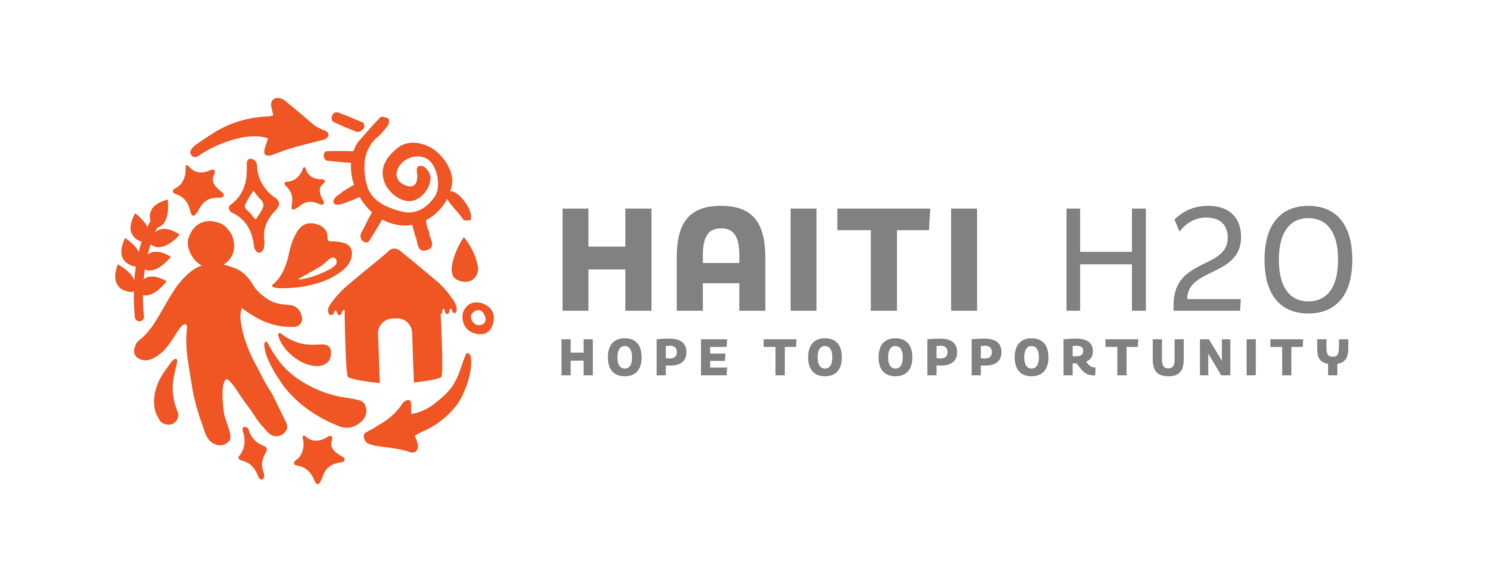Growing Opportunity
Holy YAMS, Batman!
As you will see in this video, the village of Plain Matin has partnered with Haiti H2O to plant around 1,000 yam plants. What began as a Community Garden idea has become a Community Farm. This project started when Haiti H2O’s Community Development Director, Jeanne, met with people living in Plain Matin. She worked with the local leaders to identify the local “stakeholders”, which included our partner church, the people living nearby, and local government officials. Then they brainstormed a list of local assets. They identified a plot of land that could be used to grow crops to help with economic and food shortages. This group of locals proposed growing yams, as they could be eaten as well as sold to help with the needs of the community. Yams grow well in Plain Matin’s soil and climate.
The community provided enough land to start 1,000 yam plants. Haiti H2O provided the funds to purchase the starter plants. The residents provided the tools and labor to plant and maintain the yam farm. They plan to harvest soon and use the yams for food and to sell in the markets. Proceeds will be shared and help people living in this remote village where it’s a struggle to earn enough money for basic needs.
The process that Jeanne led with the community of Plain Matin is part of Asset-Based Community Development. It’s more involved (and takes longer) than just providing “needs” that are identified in poor communities. But it tends to be more effective in many ways. By involving local members of the community, more ideas are generated and the people have input and greater ownership over the projects that come from this process. One of Haiti H2O’s core values is finding long-term solutions that value local strengths and leadership. The community farm project is one that can continue to support Plain Matin for many years.
A project connected with the Community Farm is in the works. Haiti H2O is partnering with another non-profit in Haiti that trains farmers. Their unique approach is to have farmers training farmers in new and old agroecology techniques to manage soil, moisture, and nutrients. These techniques can help to improve production while also restoring the land that has experienced overuse.
Unfortunately, it is very dangerous to travel around Haiti at this time, so we cannot go to the village where the training takes place and the trainers cannot get to Plain Matin or any of our other partner communities. However, Jules and Max are exploring wifi options that can work in the rural villages so that this education can be done remotely. Keep your eyes out for more information on this opportunity coming this Spring/Summer.
Thank you for your support – you are sowing the seed of opportunity in rural Haiti!
